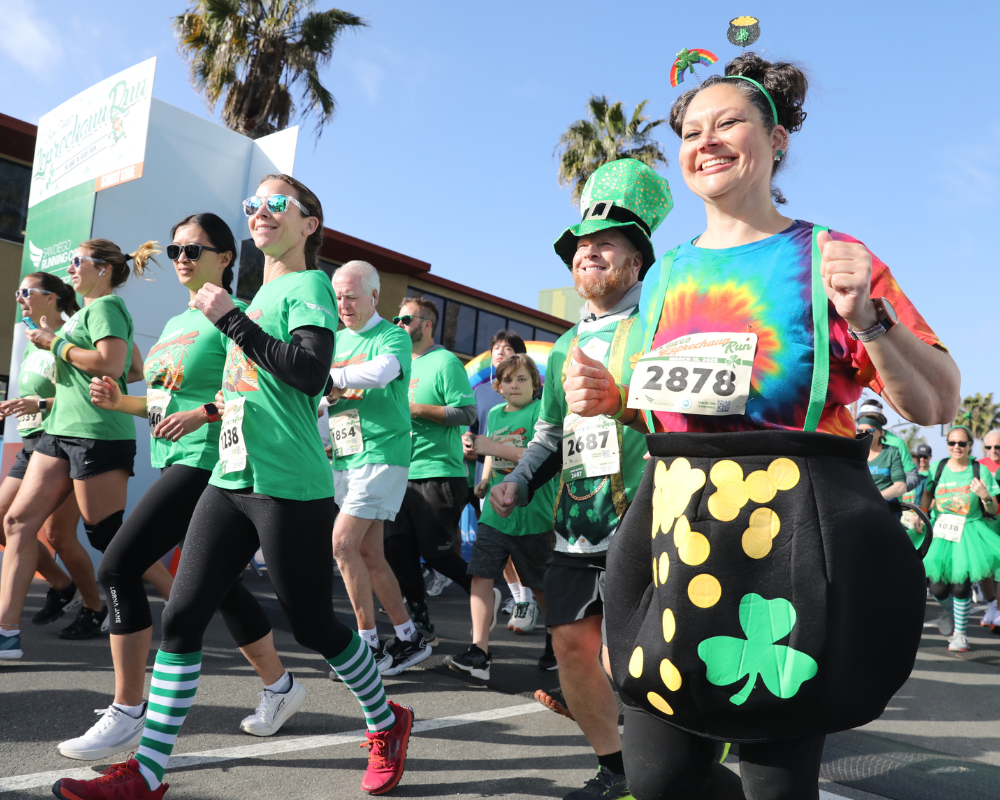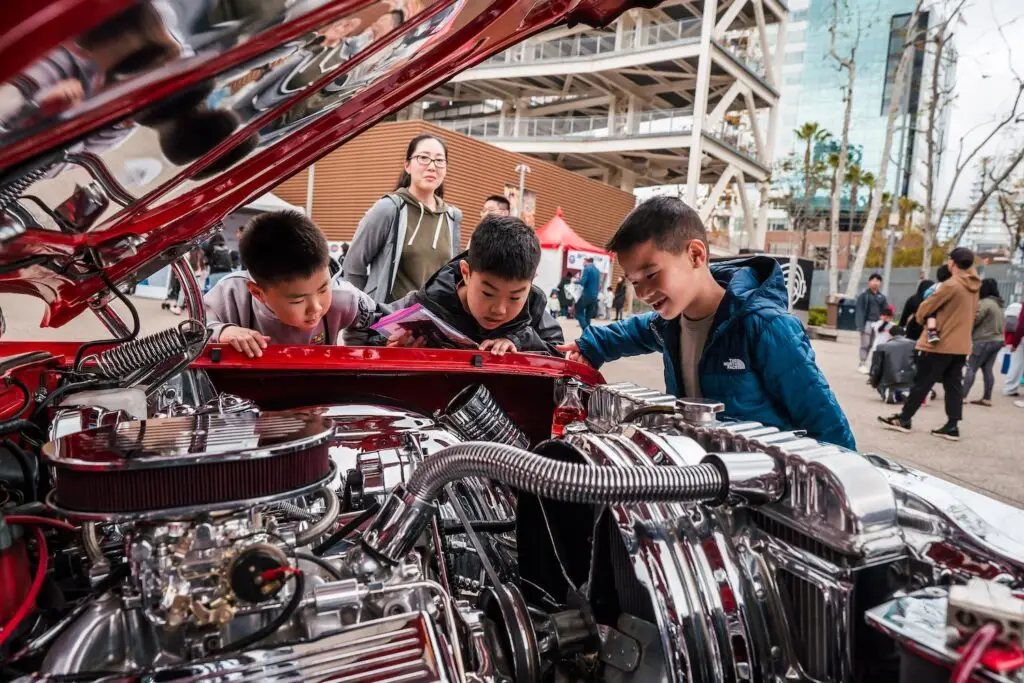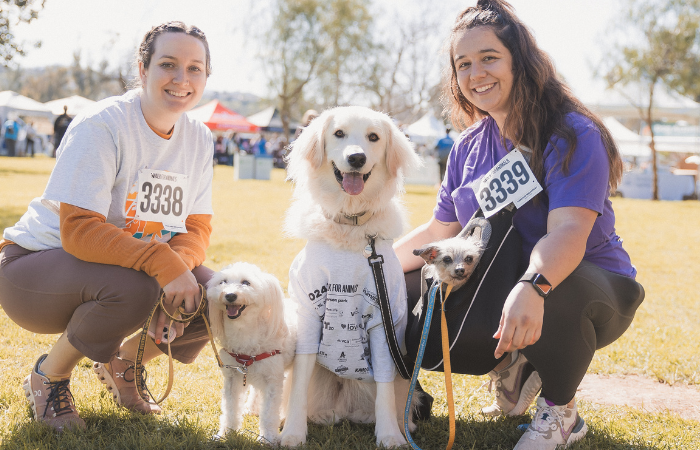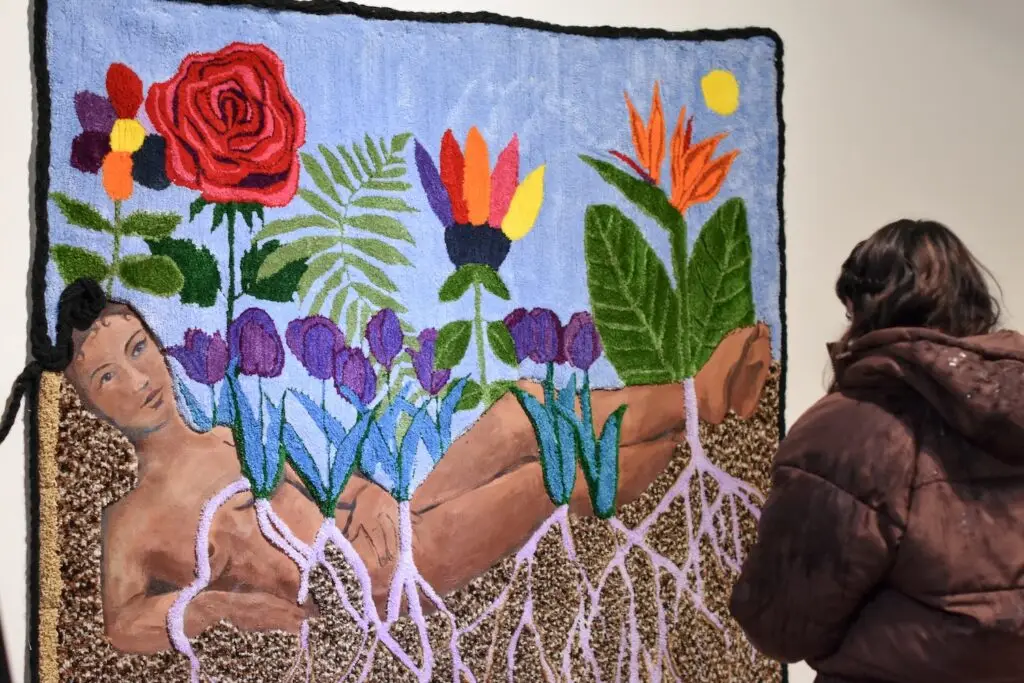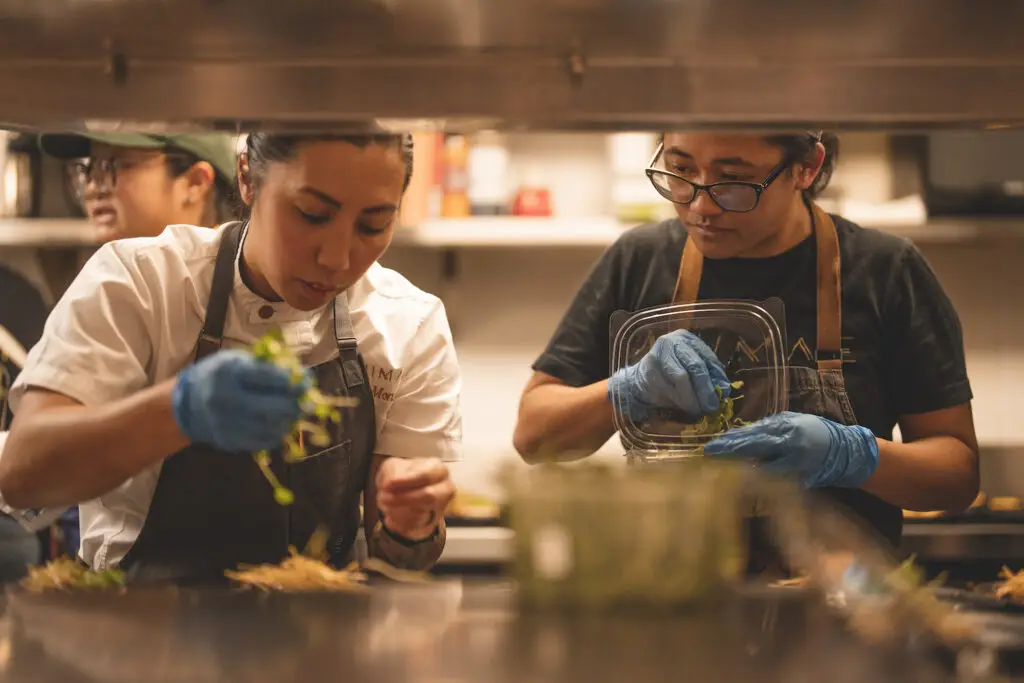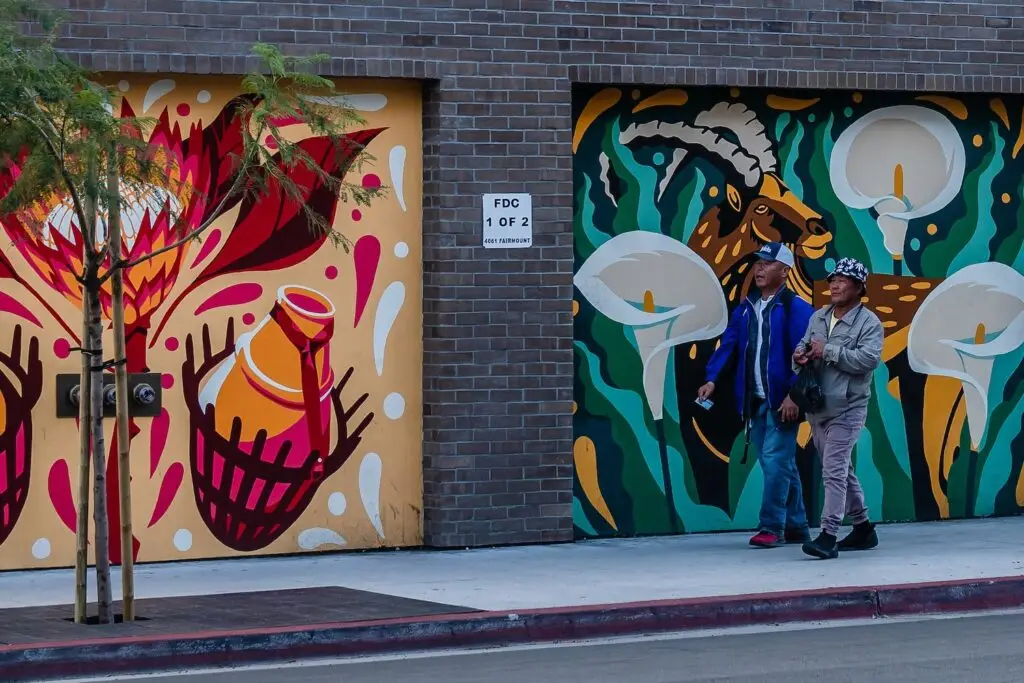
San Diego Humane Society
Registration is underway for San Diego Humane Society’s virtual Walk for Animals. Traditionally, SDHS has held a walk at Liberty Station and a second in North County, but this year’s virtual edition will combine the two into one “pawsome” event the week beginning April 11. Registration is free and unlocks access to exclusive online content and resources to help fundraise. Participants will be asked to walk however they please (with safety and social distancing in mind). That means a stroll around the block or even on the treadmill can all help.
“Even though we won’t be together in person this year, we still join together as a community to make a difference for animals who rely on us for shelter, medical care, new homes, and more,” said Gary Weitzman, president and CEO of San Diego Humane Society. “When our community faces challenges, keeping animals safe and sound becomes even more important, and we’ll be standing together to save those lives.”
For more information and to register, visit sdwalkforanimals.org.
Miracle Babies will host its first diaper distribution event of the year this Saturday, February 13, at the National City Public Library. Donations will be accepted at the event, a drive-thru for San Diego families in need. Diapers will be loaded directly into vehicles for a safe, contactless experience. To register or donate, visit miraclebabies.org by noon Friday the 12th.
A group of San Diego seniors will be receiving tablets and training to use them this week so they can better stay connected while they continue to ride out the pandemic. The Neighborhood House Association Senior Center purchased the devices using grant funds provided through the San Diego Seniors Community Foundation’s No Senior Alone initiative. In addition to being able to communicate with loved ones, the recipients will also have access to NHA Senior Center’s virtual health and wellness programming, such as exercise classes, art, and bingo.
PARTNER CONTENT
When the pandemic began, Dr. Mona Minton, general manager for programs and clinics at NHA Senior Center, knew there would be very little access for them to get in touch with their clients. “We knew our seniors did not have tablets, laptops, and even smartphones. From the beginning we had expressed to SDSCF we were in dire need of electronics that could get our clients in contact with us to participate in all our virtual services.”


